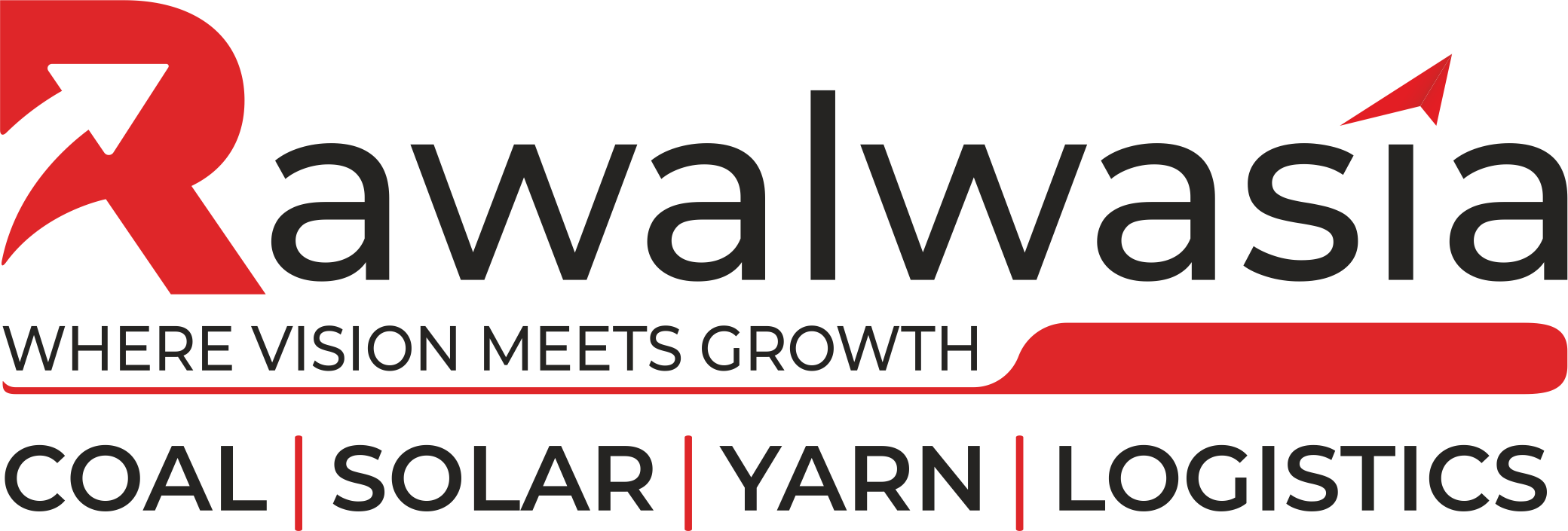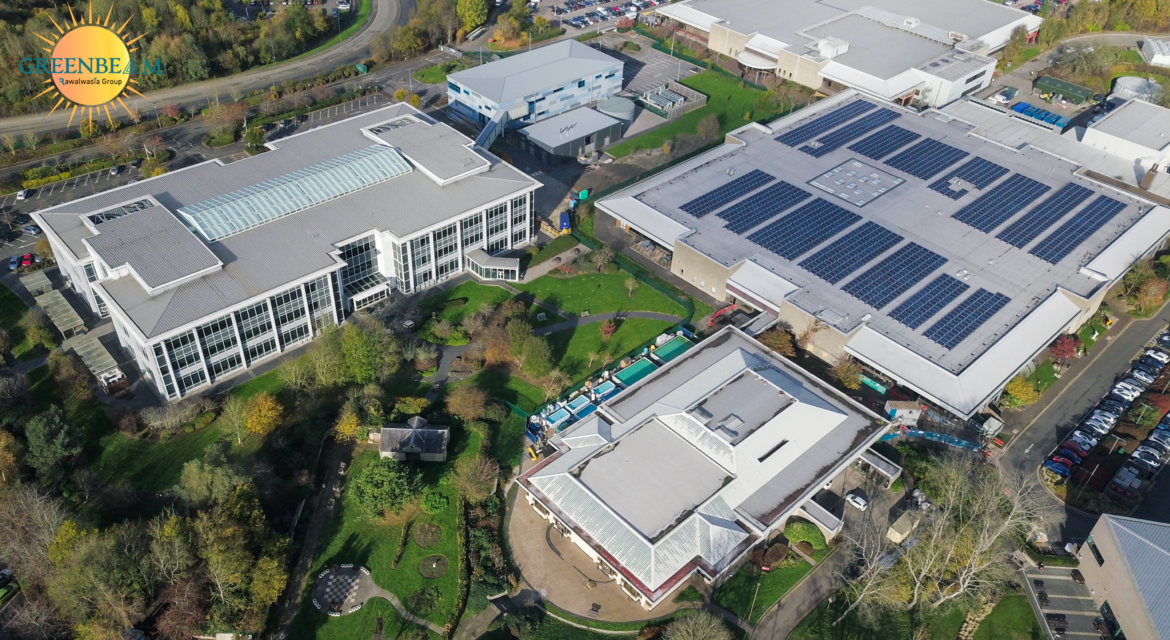In today’s fast-paced world, industries are shifting towards sustainable energy solutions. One leading option is the use of industrial solar panels. By integrating solar energy, industries can drastically reduce energy costs and carbon emissions, aligning with global sustainability goals.
What Are Industrial Solar Panels?
Industrial solar panels are high-capacity photovoltaic (PV) systems designed specifically for large-scale energy needs. These panels convert sunlight into electricity, powering factories, warehouses, and other industrial facilities. Unlike residential solar panels, industrial solar panels are larger and more efficient to meet substantial energy demands.
Benefits of Industrial Solar Panels
1. Cost-Effectiveness
Industrial solar panels provide significant savings on electricity bills. Once installed, solar panels generate energy with minimal operational costs, helping industries reduce dependence on the grid and shield themselves from fluctuating energy prices.
2. Sustainability
Switching to industrial solar panels is an eco-friendly decision. It helps reduce carbon emissions and promote cleaner air, contributing to environmental preservation and compliance with regulatory standards.
3. Energy Independence
By using industrial solar panels, businesses gain greater control over their energy sources, ensuring a reliable power supply even during outages or high-demand periods.
Types of Industrial Solar Panels
1. Monocrystalline Panels
Monocrystalline panels are known for their high efficiency and long lifespan. They are ideal for industrial applications where space is limited but high energy output is essential.
2. Polycrystalline Panels
While slightly less efficient than monocrystalline, polycrystalline panels are a cost-effective option for industries with ample roof space or ground space available for installation.
3. Thin-Film Panels
Thin-film panels are flexible and lightweight, making them easier to install in specific industrial settings. Although their efficiency is lower, their versatility can be an asset in projects requiring unique solutions.
Installation and Maintenance of Industrial Solar Panels
Step-by-Step Installation Process
- Site Assessment: Evaluate the available space and energy requirements.
- Designing the System: Customize a solar panel system that meets industrial needs.
- Securing Permits: Obtain necessary regulatory approvals.
- Panel Installation: Mount the panels securely on rooftops or ground spaces.
- Connecting to the Grid: Ensure the system is integrated properly with the existing power infrastructure.
- Testing and Commissioning: Run tests to confirm the system operates efficiently.
Maintenance Tips
- Regular Cleaning: Dust and debris can accumulate and reduce efficiency.
- Routine Inspections: Schedule professional inspections to check for wear and tear.
- Inverter Checks: Monitor the inverter, as it is a crucial component for energy conversion.
Factors to Consider When Choosing Industrial Solar Panels
- Energy Needs: Determine your daily power requirements to select a system with the right capacity.
- Budget: Consider both initial costs and long-term savings.
- Space Availability: Ensure you have adequate space for the type of panels chosen.
- Climate: Solar panel efficiency can vary depending on the local climate. Panels should be weather-resistant and suitable for the environment.
Financial Incentives for Industrial Solar Panels
Many countries offer incentives to industries adopting solar panel installations. These include tax credits, subsidies, and grants that reduce the overall cost of switching to solar energy. For example, in India, the government provides various financial aids and net metering options for industrial solar users.
For more information on our solar power services and solutions, visit our Greenbeam Earth Pvt Ltd page.
Learn more about industrial solar panels from Solar Energy Industries Association.
Check out National Renewable Energy Laboratory for detailed reports on solar technology advancements.
Conclusion: Is Your Industry Ready for Solar?
Switching to industrial solar panels can transform the way industries consume energy. By reducing operational costs and contributing to a cleaner environment, solar panels prove to be a valuable investment for any forward-thinking industry. Evaluate your options, consult with solar experts, and make the move toward a sustainable energy future.






